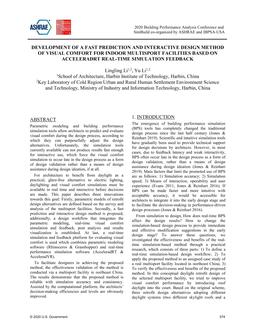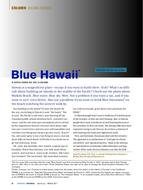The relative rate of electrostatic discharge (ESD)-related failures or upsets is derived for various types of data centers based on different flooring systems and personal footwear. As the estimation of the actual number of ESD-related failures or upsets is impossible, hypothetical scenarios of data centers are considered with the assumption that the operator actions and IT equipment are constant in all these data centers. Then, using industry acceptedESDrobustness thresholds, the probabilities of exceeding these thresholds are calculated and compared, which allows us to estimate the relative rate of ESD-related failures or upsets as a function of environmental conditions, flooring types, and footwear.The estimation is based on a welldefined walking pattern which has good repeatability. Due to limitations on performing the well-defined walking pattern for long periods of time and due to the small probability of observing very high voltages, an extrapolation approach is used to determine the probabilities of exceeding ESD robustness levels. Two approaches have been used to obtain the extrapolation functions used to predict higher voltage levels. (1) The extrapolation was performed based on the distribution functions measured in our test, and (2) the extrapolation was performed based on literature data. The literature data predicts higher risk levels, however, in many cases both extrapolations lead to the same conclusions with respect to risk level. Based on the calculated probabilities and different categories of data centers, recommendations regarding the flooring system and footwear control are provided.
Citation: ASHRAE Transactions – Volume 120, Part 2, Seattle, WA
Product Details
- Published:
- 2014
- Number of Pages:
- 17
- File Size:
- 1 file , 3.6 MB
- Product Code(s):
- D-SE-14-003


